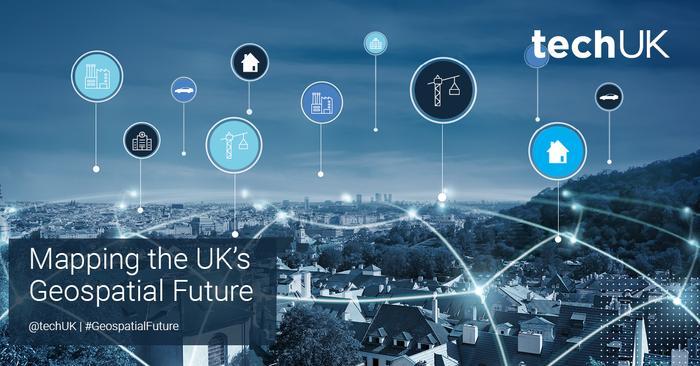How language can influence user engagement and unlock the value of location data

A Geospatial Consultation was carried out by Optimat Ltd (2019), on behalf of Scottish Enterprise, to consult the Scottish Geospatial community to obtain feedback on barriers to cluster development and seek views on support measures to accelerate cluster growth and leverage new opportunities. The study indicated that confusion over the scope of the Geospatial sector, a low level of understanding of Geospatial technologies and their possible applications and the overly technical terminology used by experts represent barriers to growth for the sector.
Geospatial as a term has only recently gained popularity whereas Geographic Information Services (GIS) has a long history of use, although both terms are now used interchangeably. The community indicated that whilst those within the long established GIS industry had a good understanding of the terminology this dropped rapidly outside the core of the sector; particularly amongst end user sectors.
‘Geospatial’ means different things to different people
There was broad agreement that a lack of awareness of what Geospatial was and how it could benefit businesses was a significant barrier to growth. Consequently, companies developing products and services in this field have to spend a considerable amount of time and effort raising basic awareness of what geospatial means and how it could be applied for commercial benefit.
Companies that work with end user sectors need to focus language on potential benefits
The use of technical terms is believed to hinder awareness raising as much of the language used has evolved from more traditional GIS activity and may now not be appropriate as the user base expands to include non-GIS literate users. It was acknowledged that there is a degree of confusion, within the industry, amongst stakeholders and, particularly, in user sectors, over what GIS/Geospatial means, how it could be used and the benefits it can offer. Companies that work closely with end user sectors to develop geospatial products and services need to focus language on potential benefits and to avoid any over-emphasis on enabling geospatial technologies, tools and data.
To address these barriers, a new partnership between Scottish Enterprise, Scottish Government and the Geospatial Commission seeks to develop a Geospatial Community in Scotland. Location Data Scotland is an inclusive geospatial community across Scotland, established to unlock the value in location data. The network has been created to leverage location data as an enabler of innovation and to create greater efficiency in the products and services delivered and utilised by organisations and the public sector in Scotland. It will connect, inform and facilitate collaboration between industry, academia, public and third sector, across multiple sectors, to drive innovation, unlock skills and enable economic growth.
Location Data Scotland has been established to develop a Geospatial community across Scotland. Dr Ashley Stewart is managing the community on behalf of Scottish Enterprise, Scottish Government and the Geospatial Commission and writes about her early experiences and insights into establishing a geospatial cluster in Scotland.
To find out more, why not join the Location Data launch event on 23rd March 2020 – register for the event and get involved in the community via the Location Data Scotland LinkedIn group. Or follow us on twitter @location_data.
For more details contact: [email protected]
You can read more insights from techUK's #GeospatialFuture campaign here!

Laura Foster
Laura is techUK’s Associate Director for Technology and Innovation.








